Dr. Molly recounts her rich experience of a 10-day trip to Kenya. She was a poet-delegate at Kistrech Poetry Festival conducted by Kisii University, Nairobi. An exclusive for Different Truths.
Where the herds stand in wait to cross the river Where the fleeting clouds clear up for azure blue skies… O Kenya!
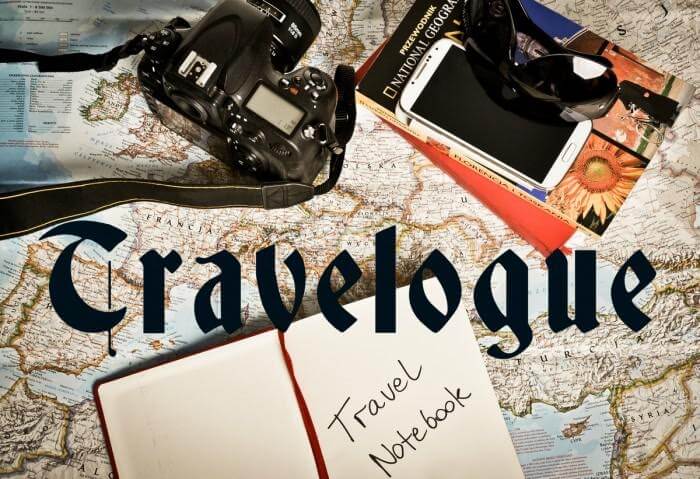
The ten-day long trip to Kenya looms large and clear as the azure blue bright skies of Kenya.
Mind grazing over the meadows of memory, like the cattle and the three million animals roaming over Masai Mara (the world’s largest Wildlife Sanctuary) amidst the yellowish white grass fields that stretch across to Serengeti.
It was to attend the reputed Kistrech Poetry Festival conducted by Kisii University, Nairobi, that we left for Kenya on October 1, 2018. Waiting at Mumbai for the flight to Kenya, we came across an unexpected delay to take off due to technical snag. Net result, we missed the pickup arranged by the Kisii University from Nairobi Airport to Kisii.
Stranded in the strange city, which was sweltering hot in the noon hour of October, one Malayalee friend helped with a few calls to Dr. Christopher Okemwa, the organiser of Kishtrech Fest. After an hour of waiting, a cab took us out of the airport, into the city where, after much haggling with the drivers of Vans, running to Kisii, we settled into one. Then only we realised how Kisii was so far off, requiring five to six hours of travel through mountains and valleys. The van waited to get the seats filled. Finally, it was filled with twelve local passengers, who spoke alien tongues. Ultimately by five in the evening when the van started to move, Nairobi was caught up in a traffic block, which took more than two hours to get off the bottleneck into those city suburbs.
The vehicle was speeding past dark lanes and roads, squeezed in between strangers with minimum leg space…
The vehicle was speeding past dark lanes and roads, squeezed in between strangers with minimum leg space and a major part of luggage kept at back with that of others who popped in and out, apprehensions grew. Already we had been warned a lot about travelling alone in Kenya especially during the night. Looting and robbery were so common. It was said even when you open window panes during travels, mobiles and valuables would be snatched off from outside.
While some left, few others got in. Tension mounting, we called up Dr. Chris Okemwa again and he talked to the driver reminding him that this vehicle carrying the guests from India was under surveillance. The driver became very concerned and overobliging after that. Dr. Chris kept on assuring us that ‘you are safe’. It took more than six hours through a strange, grisly looking, desolate landscape. Passengers alighted one by one in different places. Ultimately, it was the driver and us. It seemed in the dark mountainous area by 1 o’clock at night he was also fumbling his way to the NOBO Resort, which was tucked in the slopes and curves of the hill.
The unending moments ultimately ended. Gusts of chilly fresh air blew on us when we got out, thanking the driver. With only a few hours together, hustled and suffocated, this was the worst ever kind of journey we had undertaken so far. But stepping into the hotel, things turned bright and cheery. A thing badly begun will not spoil the rest of the show. Who said otherwise? Overwhelmed with hospitality, exposed to pristine environment, unpolluted air food, we felt like fish in fresh waters…
At the breakfast table, we met our fellow poets from different parts of the world, so warm, so friendly…
The days of wonder started from the first day of the Fest. At the breakfast table, we met our fellow poets from different parts of the world, so warm, so friendly… the very breakfast was organic, rich, steamed sweet potatoes, steamed raw banana, fresh roasted peanuts, eggs, fruit juices… together we proceeded to Kisii University campus. It was a grand inauguration, under the clear blue skies… Under pagodas erected in the sprawling campus, students gathered. The Vice Chancellor of the University, along with us, the poet-delegates and Dr. Christopher Okemwa occupying the dais. I wore my typical Indian (blue) saree, and it attracted the audience. Each poet addressed the students and read poems as their message.
It was a great feeling when after my presentation, students hovered around me taking photos and asking for autographs. Poet Christos from Cypress brought a cook, and the lunch was on the Cypress menu. The afternoon sessions started with papers and discussions on poetry and in between Xavier, my husband sang a Malayalam song with track, karaoke track which became a great hit. The campus was thrilled, and he had a huge fan following. Way back to Nobo, we stopped at a supermarket to have some edibles.
We visited Bogiakimu village the next day. The tribal group greeted us by catcalls and visits. They were hugging and holding hands, pulling us along. Unbridled hospitality unleashed. One or two huts were allotted to each poet. The inmates took us along, ushered us in and started describing their lives, introducing the members.
We heard sad tales of girls forced into marriage at an early age…
We heard sad tales of girls forced into marriage at an early age, husband either left or no more. An overgrown girl – mother started recounting her agony and challenge, how her husband died leaving her with three children to look after. Living in abject poverty, we offered them financial help. They worked in sugarcane fields there in their yards, which had apportioned space for their cattle also. They cut the sugarcane into small pieces and offered to chew and squeeze the juice out. I recollect the moments when the fresh sweet juice oozed out into our mouth and mouthful it slowly flowed through our flushed cheeks, while the air brought the pristine feel of grass eaten by the cattle and the odours of fresh cow dung wafted in… There was a coolness inside those huts, which no AC could provide…
It was a rare earthen feel, sucking the canes in that cow dung air where outside the huts the unleashed little calf and lamb raised their heads to look at us, the strangers… as innocent as their tribal owners…. The mother hen, scratching the earth in the yard was cackling and calling the chicks when we left…
That evening we assembled in a public square amongst the yards. Kisii University students, local school students and the tribals presented cultural programmes in their traditional mode. As a poet, I dared to address the mammoth gathering (my first experience).
I recited a poem for them, cheered by the group.
I recited a poem for them, cheered by the group. The supper was a real treat — local food, steamed organic rich fibers, porridge, fresh bananas…. There was a kind of drink kept in a huge earthen pot… some lone bamboo pipes dipped into it, people sitting around and using these as straw… drinking, singing. Xavier was given a glassful to taste. Wondered why the children and youth around us, the only Indians in our group. They kept on repeating, “Sir, Madam, stay with us…don’t leave us.”
It was difficult to part, children clinging, hugging, kissing…
O, Kenya! How your innocence overwhelms. Eyes grow moisty…!
Day three, Friday, we proceed to Migori campus of Kisii University which is two hour’s drive from Kisii. Since some participants suggested visiting a lake first (which was a waste of time), we reached Migori Campus late in the evening. There was an overwhelming reception, the staff and students. They greeted us with a traditional dance and escorted us to the hall. The students put up various cultural programmes, ‘spoken poetry’ recitals and enacted mimes. I could motivate them with my poem “Are you ready?” and youthful voices were piping up in tandem with the refrain, “yes, yes…” the tempo of their dance was exhilarating, and Xavier and a few delegates joined the dance, imbibing their spirits. Barack Obama’s ancestors are from this tribe (Kenya LUO community). There are 43 tribes, but the 43rd tribe (Yanku Tribe) is almost extinct. There are only four old men left in this tribe and they live in the forest.
It was an unforgettable day. Piercing through the dark at 4.30 a.m., we started our trip to Masai Mara…
Day 4, Saturday. It was an unforgettable day. Piercing through the dark at 4.30 a.m., we started our trip to Masai Mara, the world’s largest wildlife sanctuary. We reached the main Gate by 9 a.m.
It was the season of migration of animals from Masai Mara to Serengeti by crossing the river. Almost three million animals migrated before the cold settled in. Without any way disturbing the pristine tenor of this wild habitat, our vehicle moved around gingerly. Through the glass windows we could see herds of cattle, wild buffaloes grazing with a few Zebras sharing the space. Nature teaching us lessons of harmony. In far off corners, lions in group lay at rest, maybe their feed was over. Some deer could be found trotting around unafraid. Once its feed is over and done these animals don’t disturb each other. Nor do they envy someone who takes the leftovers.
We halted at the riverbank and could see Rhinos and Hippopotamus.
We halted at the riverbank and could see Rhinos and Hippopotamus. The driver asked us not to go near the water, since that lake was full of crocodiles, and we could trace some surfacing. On the riverbank, we saw a sudden commotion among herds, some crocodile had emerged taking hold of one wild buffalo drinking water. The rest took to their feet. How nature balances life on earth!
Way back we could see the Hyena and a huge herd of elephants. Masai Mara stretches out for various species of animals, reptiles, birds, snakes. The feathery, blanket of lush grass fields offers shelter to many.
We had lunch at 3 pm in a posh well-built restaurant in the middle of the forest on the hilltop.
We had lunch at 3 pm in a posh well-built restaurant in the middle of the forest on the hilltop. It was lovely to sit on its balcony, sipping drinks and watch the surrounding Masai Mara glowing in the mid noon. We bid farewell to our brethren in the forest who silently raised their heads and looked at our moving vehicle for long…
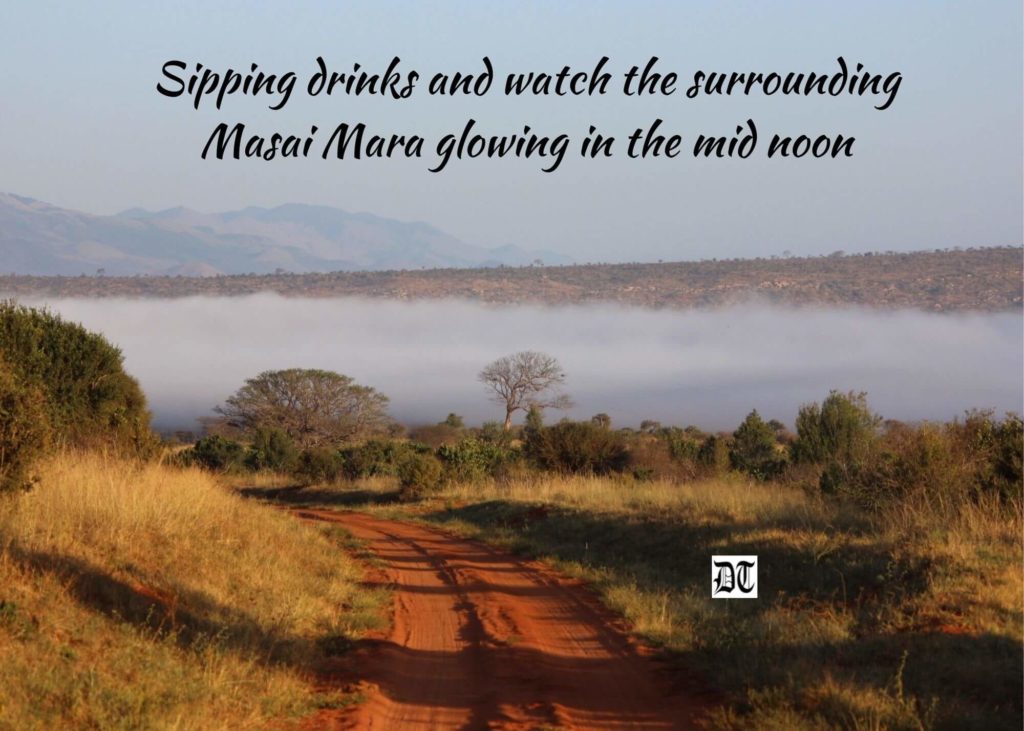
Day 5, Sunday. We started our trip to Nairobi at 9.30 a.m. and reached Park Hotel by 6.30 p.m. En route, we had a thirty minutes coffee break near a petrol pump and half an hour lunch at Nakru. Having settled down in the hotel by evening, a Malayalee family came to greet us and take us for dinner in an Italian Restaurant. Abraham, (IIM Calcutta graduate, turned army officer) now a flourishing businessman in Nairobi, his wife Sherry, working in the media, taking documentaries on interior Africa, its culture; and their only son, Abraham told us how Kenya, Nairobi holds its charm for NRIs like him, offering good climate, unpolluted food, open hearted acceptance and opportunities.
Day 6 was spent on a visit to the National Museum and Snake Park. The museum told us stories of the past – the vestiges of colonisation and the precious traditions and practices of aboriginals, Kenyans.
Day 7 marked the pinnacle of the Kistrech Fest.
Day 7 marked the pinnacle of the Kistrech Fest. Dr. Chris Okemwa, the zealous organiser, unassuming poet, and leader took us to Riara University. In fact, they had organised an inter collegiate Cultural Fest there under the aegis of the Dept. of International Relations and the Dept. Of English. In that huge campus, I had the privilege of releasing my two new books, the English translation of the Malayalam novel, Hidumbi and my book of poems, Firefly Flickers. Both were released by His Excellency the Deputy Ambassador of Israel, Eyall David, while the Riara campus comprising the VC, deans, faculty, and students from different colleges under the University, applauded.
Followed by the reading of my text, the media took a special interview with me. Moments that reaffirmed my feel-good factor about being, becoming a writer!
The Ambassador of Israel His Excellency, Noah Gal Gendler hosted a dinner for us poets…
The Ambassador of Israel His Excellency, Noah Gal Gendler hosted a dinner for us poets at his official residence. We had to go through rigorous safety checkups before reaching the Ambassador’s residence. After the sumptuous dinner, there was a lively poetry reading session, each poet describing something of his country’s culture, contemporary state, crisis or whatever. I read my poem on Kerala Floods and how well we countered it. This session was telling me how the wide world turns into a Global Village on common issues and how art and literature turns out to be a mirror image of the realities of the day.
On all nights we spent together, we the poets had sat down late into the night sharing poems, singing, reciting. The pangs of each race, country, the pleasures that came at random to all ebbed and flowed. The Israeli writers spoke of the estrangement, contempt, up rootedness… poems resonated on different notes… Even the ‘Spoken Poetry’ of campus youth was full of the suppression of the elder generation during colonial era, when they were made exiles in their own land. Some reflected on the discontent they have in the existing system i.e., the government turning partisan, providing opportunities to the kith and kin of the tribal group in power; how women are taken for granted, being denied proper education; how the modern youth tend to go high in suicide rates… The young generation of modern Kenya possessed a rare kind of willpower and resilience, living life through the hard edges…
The takeaways of the trip: Irrespective of colour and race people are one.
The naive, native beauty remains in all its pristine nature in Kenya, its landscape and in its people.
Even the innocent looking animals have an openness while the cold wind rustles their hair.
How patiently the long line up of wild beasts wait in line to cross the river…
How patiently the long line up of wild beasts wait in line to cross the river, until their leader studies and takes the first step! The wait may last for hours, still they wait, just as the BBC vans wait to catch the moment.
Yes, patience pays. Braving the adversities, the Kenyan youth is at the bright future ahead…of progress, equality, justice. They possess enormous reservoirs of potential, love… I tell Elly Omulo, a student poet in Kisii, “You are all bright…look, your sky is bright, it is yours… the green around…the sky above…”
And I notice the glimmer in his eyes…of hope, promise…
Picture design by Anumita Roy, Different Truths

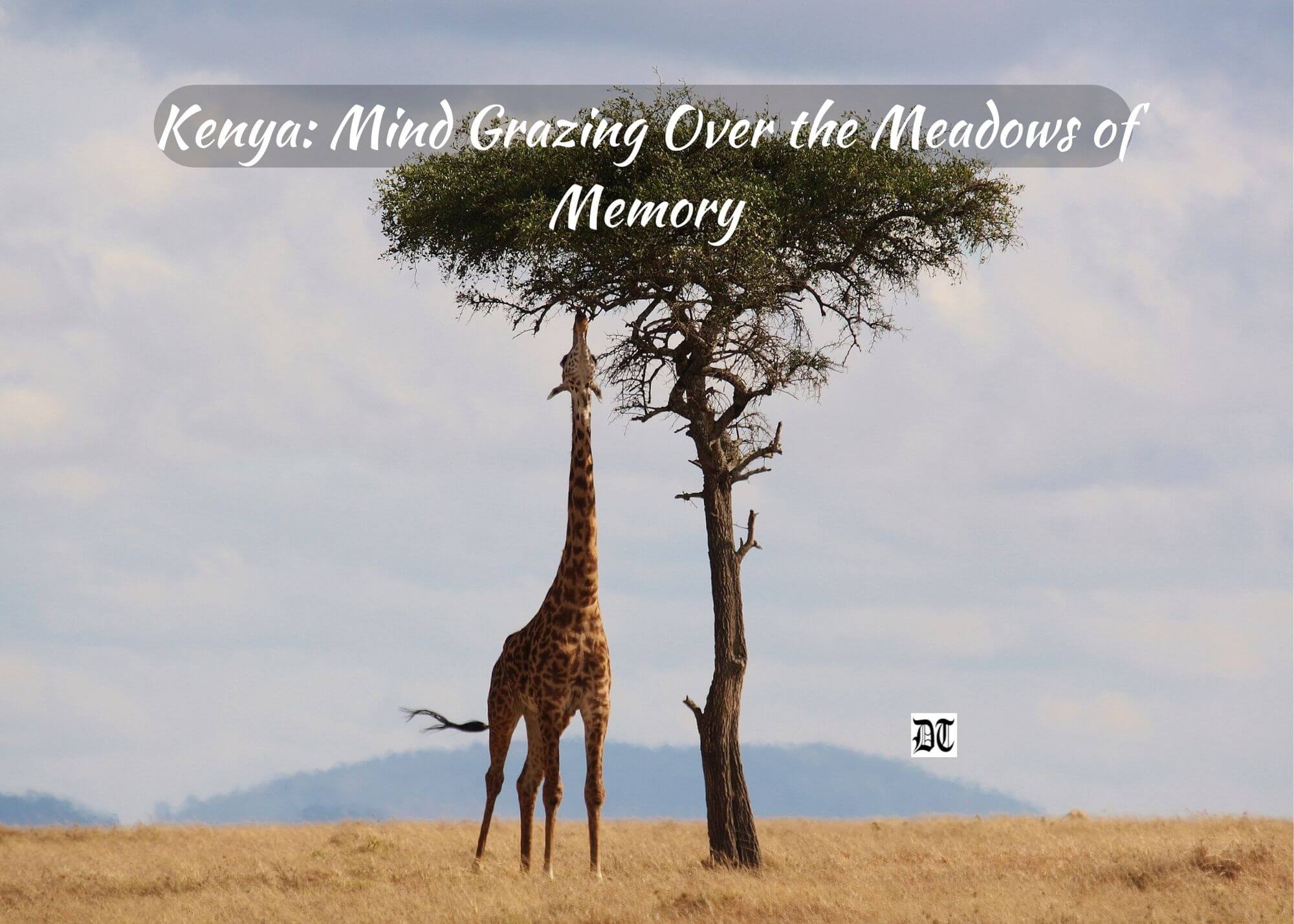
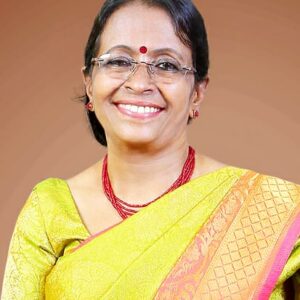
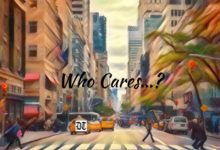
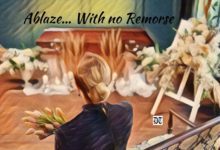
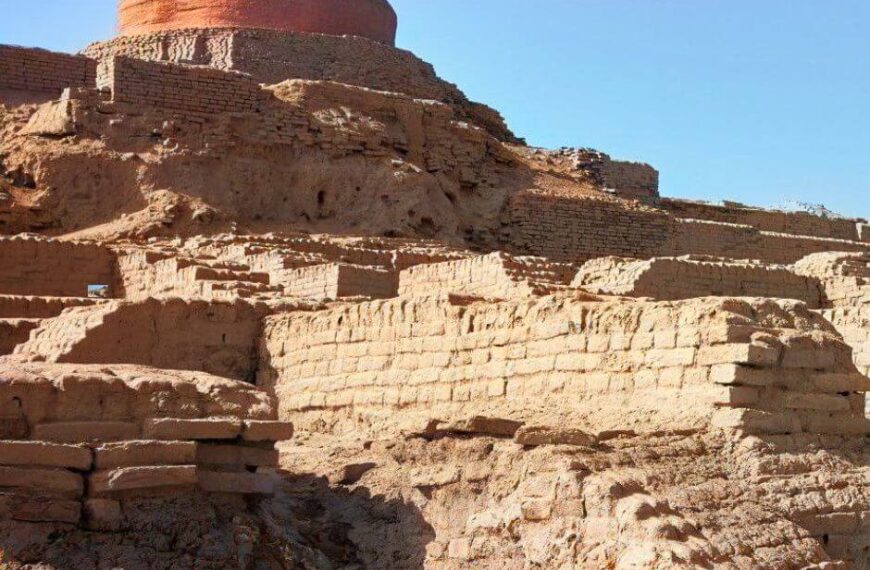
 By
By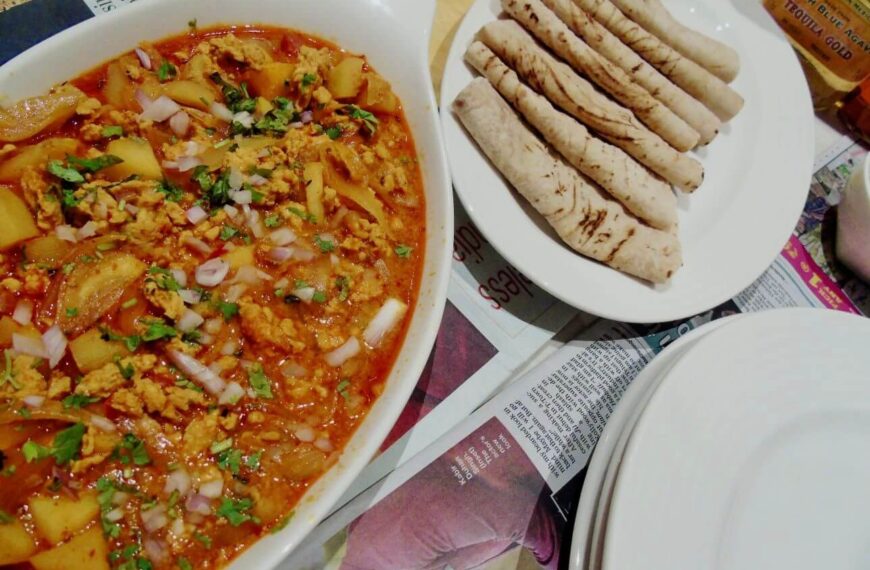
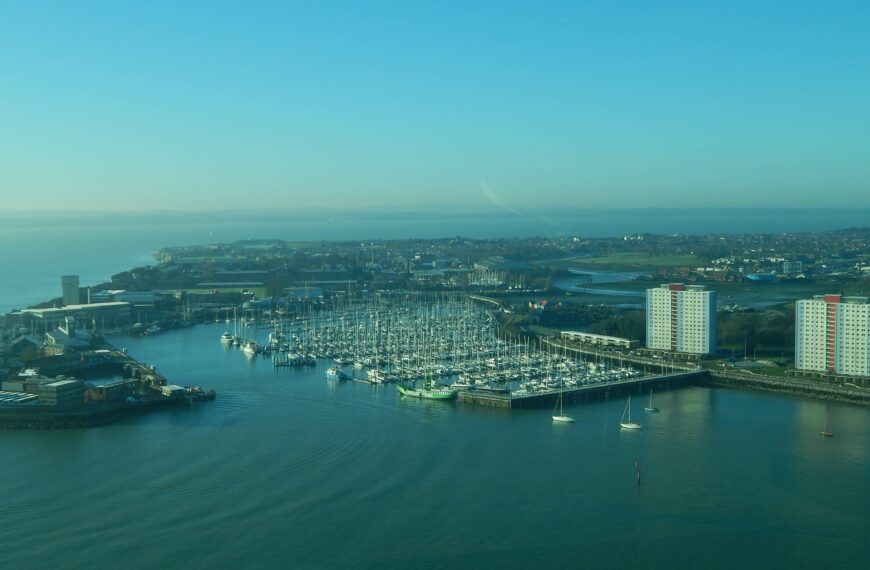
 By
By
What an adventurous outing with so much of things to take away along with memories of azure skies and innocent smiles, excellent ma’am
Thank you Prasanna, dear readers..